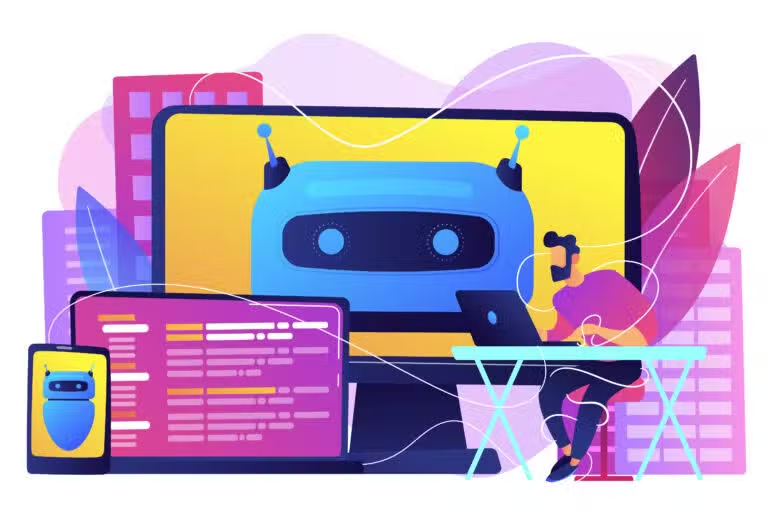The role of artificial intelligence (AI) in various industries has been a topic of much discussion and speculation, and the legal profession is no exception. As technological advancements continue to reshape the way we live and work, it’s only natural to wonder if AI has the potential to replace lawyers. Will we see a future where AI-powered robots take over legal tasks and render human lawyers obsolete?
While AI has certainly made significant advancements in recent years, it is important to approach this question with a realistic perspective. AI has already become a valuable tool within the legal profession, but it does not promise to displace lawyers anytime soon. AI has the potential to make life easier for attorneys and offer greater access to legal services.
In this blog, we’ll talk about whether Can AI replace Lawyers? We’ll see how it helps with finding legal information and how it affects law firms and legal teams. We’ll also talk about whether AI can take over human lawyers or not. Some people say AI can do everything, but others think human judgment is still super important in law.
We’ll also check out how AI is used in court, like in trials and legal cases. We’ll see examples of how AI helps in lawsuits. We’ll talk about what AI can and can’t do in court, and why human help is still important.
Lastly, we’ll talk about what lawyers will do in the future with AI around. We’ll say why it’s important for them to keep learning and how they can use AI to be better lawyers.
The Evolution of AI in the Legal Sector
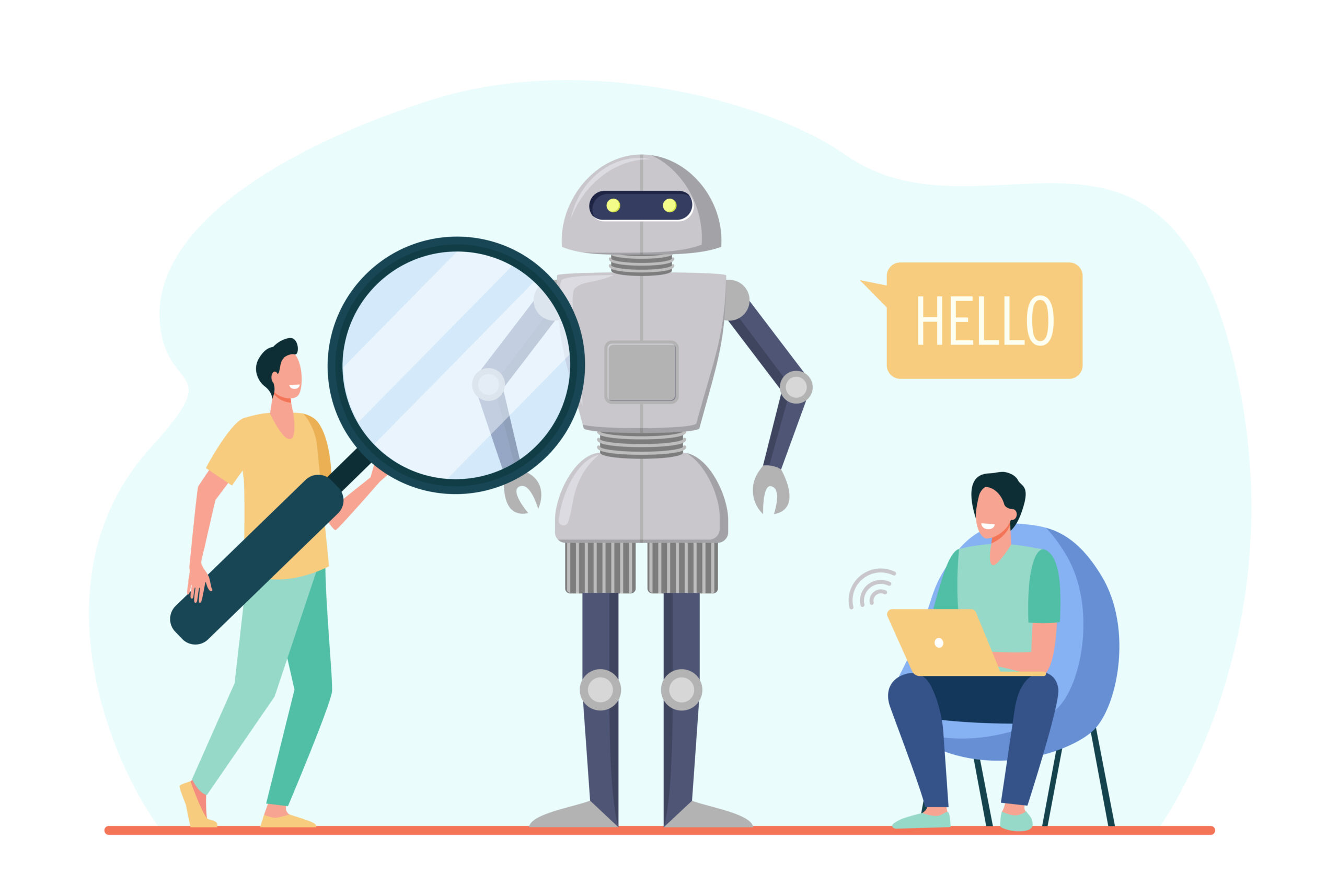
The legal industry has been gradually embracing AI technology and its potential to streamline legal processes and improve efficiency. One of the key areas where AI has made significant inroads is in the analysis and processing of legal documents.
Computer programs that learn from data and big computer models are now being used to help lawyers with their work. These programs can read through legal papers and figure out what’s important, which saves lawyers a lot of time.
Before, lawyers had to spend a long time reading through lots of legal documents to find what they needed. But now, with this technology, they can do it much quicker and better. It’s like having a super-smart assistant that helps them find the information they need faster and more accurately.
Related Article: Can Generative AI Be Trusted By Lawyers? Expert Guide
From Legal Research to Drafting: How AI Tools Are Being Used

AI tools are being increasingly used in the legal profession to perform a wide range of tasks, from legal research to contract drafting. Here are some ways in which AI tools are being utilized:
- Legal Research: AI tools can analyze and summarize complex legal documents, saving lawyers time and effort in conducting legal research.
- Due Diligence: AI tools can review large volumes of data and identify relevant information, helping lawyers in due diligence processes.
- Contract Drafting: AI tools can generate contracts based on predefined templates and clauses, reducing the time and effort required for manual drafting.
- Document Review: AI tools can assist in the review and analysis of legal documents, flagging potential issues and discrepancies.
AI tools are like smart helpers for lawyers. They use fancy tech like machine learning and understanding how people talk to help lawyers with their work every day. For example, they can read legal documents and figure out what they mean, which saves lawyers a lot of time and effort.
Related Article: Effectively Use AI In Contract Drafting
Analyzing the Debate: Can AI Replace Lawyers?
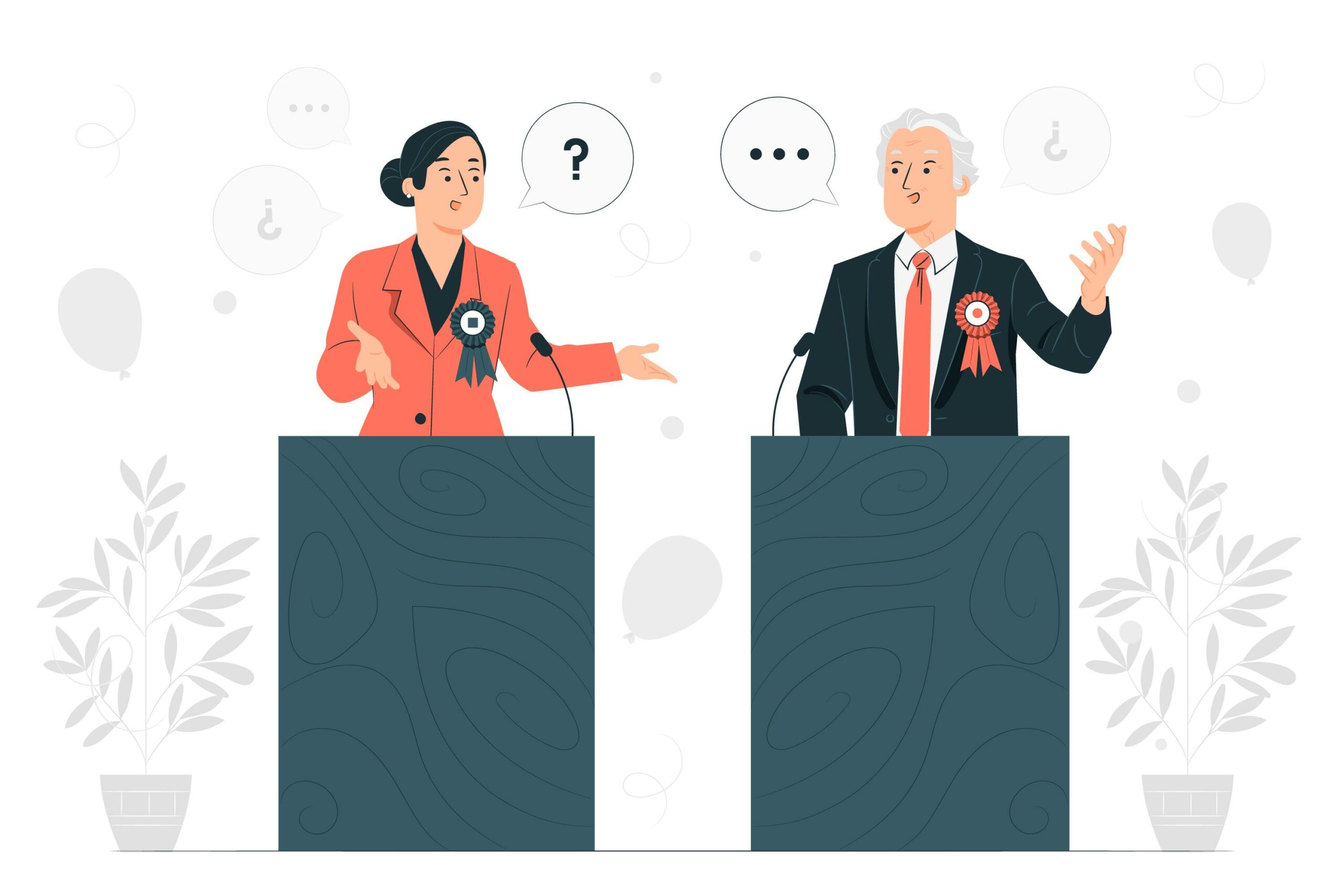
The question of whether AI can truly replace lawyers sparks a heated debate within the legal profession. Supporters say that AI can be beneficial by automating everyday legal tasks, which can make the legal process quicker and cheaper for clients. They believe that AI, especially generative AI technologies, can create precise and dependable legal documents.
This could potentially remove the need for human input in certain aspects of legal work. Instead of doing the same boring tasks over and over again, like writing contracts or checking papers, lawyers could spend their time on more important things.
They could focus on the tricky and strategic parts of their job, where they make a difference. This means they can use their brains for the tough stuff and let AI handle the boring bits. This shift could lead to increased efficiency and cost savings for both legal professionals and their clients.
On the other hand, skeptics highlight the irreplaceable value of the human touch in the legal profession. They say legal work is hard because it needs smart judgment and decision-making, which AI can’t do completely. Humans bring important things like empathy and understanding that are important in law. AI can’t do those things like humans can.
Arguments for AI’s Capability to Replace Human Lawyers
Supporters of AI’s capability to replace human lawyers emphasize the potential for AI to automate mundane and repetitive tasks, freeing up lawyers to focus on more complex legal work. By taking over these tasks, AI can increase efficiency, reduce costs, and improve access to legal services.
Supporters also say that AI can be really helpful for project managers who might be too skilled for their job. With AI, they can manage more cases and give clients better help. This might mean that fewer lawyers are needed because they don’t have to do as many routine tasks. So, AI can help project managers do more and improve service for clients, which could change how many lawyers are needed.
Counterarguments: The Irreplaceable Value of Human Judgement
In the world of law, human judgment is super important and can’t be replaced by AI completely. Legal stuff can be complicated, and sometimes you need the special knowledge and gut feelings that only a human lawyer can offer.
AI might not be as good as humans at things like understanding feelings, caring, and understanding how complicated legal stuff is. This shows that having people involved in law is still really important. Even though AI can do a lot, it can’t replace the human side of things in law. So, human involvement is still really important in law because humans can do things that AI can’t.
Related Article: How To Maintain Ethically Use AI In Legal Operations
Reasons Why Generative AI Will Not Take Over Lawyer Jobs
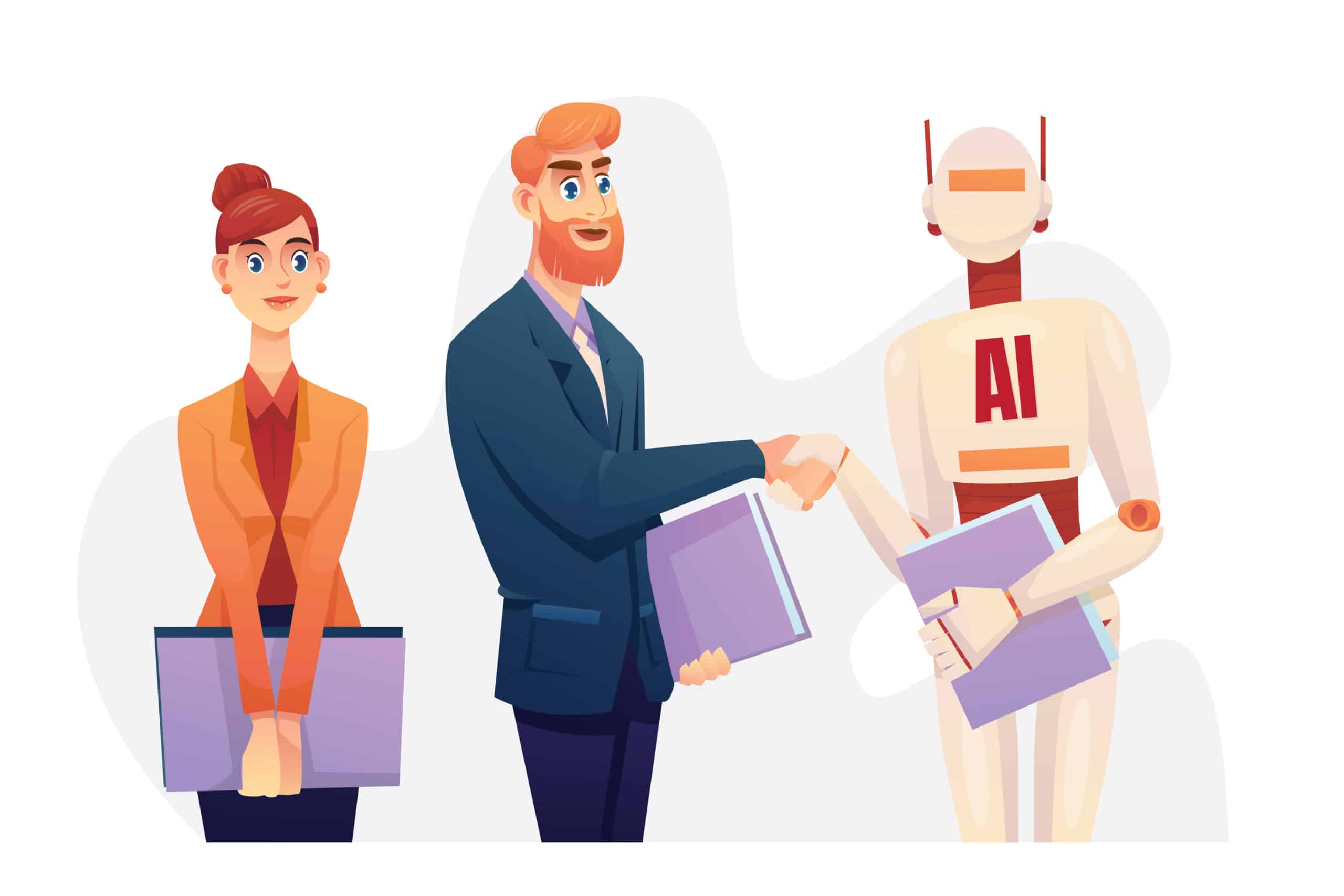
- Complex Legal Tasks: Legal work demands nuanced understanding, critical thinking, and empathy, qualities difficult for AI to replicate. The intricate nature of legal tasks exceeds the capabilities of AI algorithms.
- Unique Legal Cases: Legal cases often involve complexities and unique circumstances that may not align with AI algorithms. Human judgment is essential in interpreting these nuances effectively.
- Diverse Legal Activities: The legal profession encompasses various activities beyond data processing, including negotiation, advocacy, and client counseling. These tasks heavily rely on human judgment and interpersonal skills.
- Ethical and Regulatory Considerations: Legal practice involves ethical and regulatory considerations requiring human oversight and accountability, areas where AI currently lacks proficiency.
- Complementary Role of AI: While AI can enhance certain aspects of legal work, its capabilities are best utilized alongside human expertise to navigate the complexities of law and meet the diverse needs of clients effectively.
Related Article: Generative AI For Lawyers: Capabilities & Limitations
AI in the Courtroom: A Closer Look
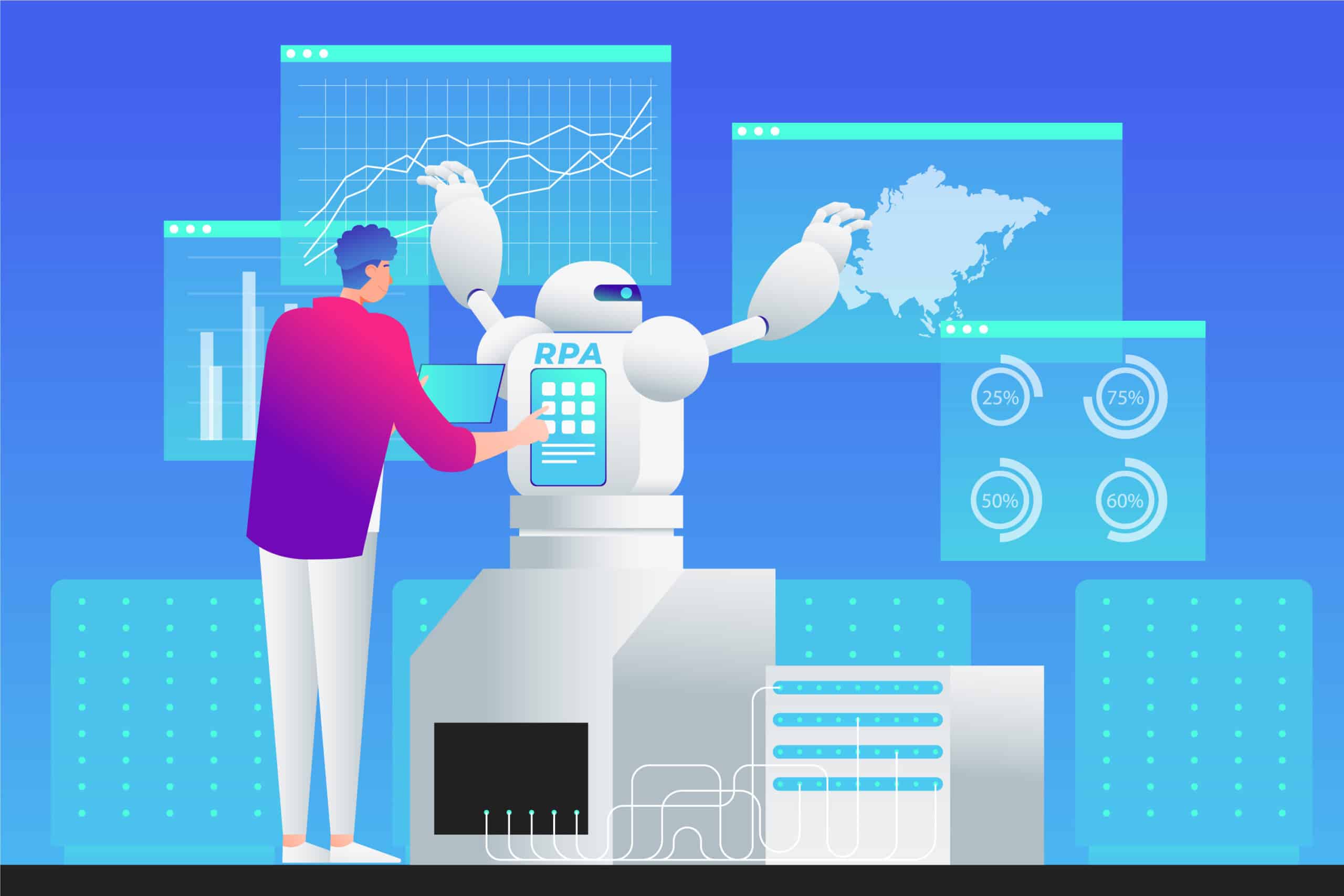
The use of AI technology in the courtroom is another area of interest and debate within the legal profession. AI has the potential to revolutionize litigation by assisting lawyers in legal arguments, analyzing case law, and predicting case outcomes.
Also, AI technology in courtrooms can help show evidence better, make trials run smoother, and make it easier for people to get justice. But we have to be careful not to rely too much on AI and remember that humans still need to be part of the process, making decisions and using their judgment.
Examples of AI Usage in Litigation and Trials
AI tools are already being used in litigation and trials to assist lawyers in various legal tasks. Here are some examples of AI usage in this context:
- Legal Research: AI tools can analyze large volumes of case law and statutes to identify relevant precedents and legal arguments.
- Document Analysis: AI tools can review and analyze legal documents, helping lawyers identify key information and assess the strengths and weaknesses of a case.
- Predictive Analytics: AI algorithms can analyze past case outcomes and predict the likelihood of success in a given legal scenario.
- Trial Preparation: AI tools can assist in trial preparation by organizing and categorizing evidence, identifying patterns, and providing strategic insights.
These examples show how AI is being used in the legal system to make things work better and help lawyers with their work. But remember, AI is just a tool to make lawyers’ jobs easier, not to take over from them.
The Potential and Limits of AI in Legal Proceedings
While AI has shown great promise in assisting lawyers in legal proceedings, there are both potential and limits to its application. AI can streamline processes, improve access to legal services, and enhance efficiency. However, it is important to recognize the need for human involvement in complex legal matters that require judgment, interpretation, and understanding of the unique circumstances of a case.
Moreover, there are legal limitations and ethical considerations that must be taken into account when using AI in legal proceedings. As technological advancements continue, it is crucial to strike a balance between leveraging AI’s capabilities and upholding the principles and values of the legal profession.
Related Article: How To Use AI For Contract Management: An Effective Guide
The Role of Lawyers in an AI-Dominated Future
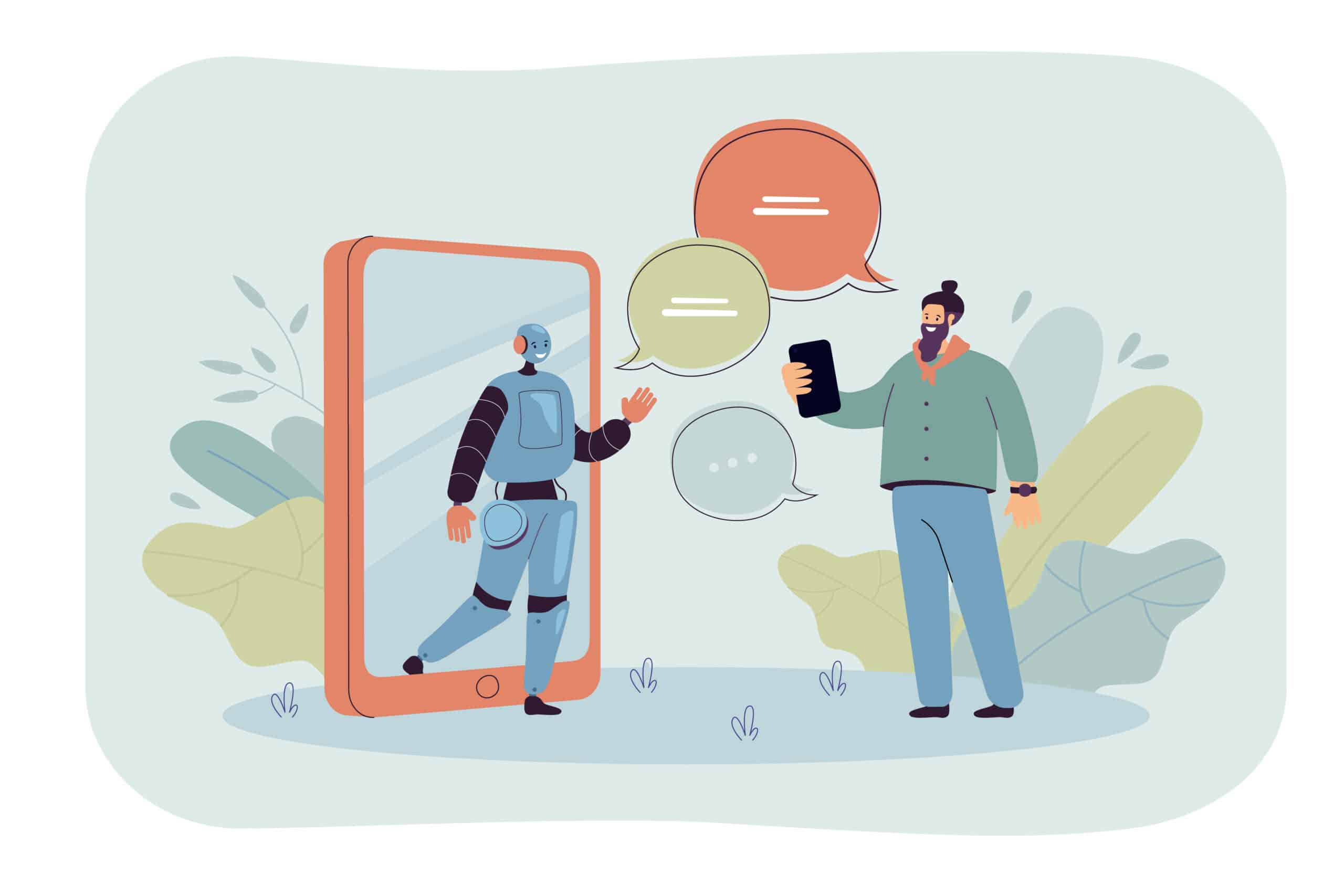
As AI gets better and becomes a bigger part of law stuff, the job of lawyers will change. In the future, with more AI around, lawyers will have to change how they work and use new tech to stay important in law. They’ll have to learn how to use these new tools to keep doing their job well.
Lawyers will have to keep learning to keep up with new AI tools, changes in the law, and ethical issues. Even though AI can help with different legal jobs, lawyers will still be really important. They’ll give personalized advice, understand tricky legal stuff, and speak up for their clients. So, even with AI, lawyers will still be needed to do things AI can’t do, like understand complicated situations and make decisions based on what’s best for their clients.
Adapting to New Technologies: The Need for Continuous Learning
To thrive in an AI-dominated future, legal professionals must be adaptable and embrace new technologies. Law schools are already incorporating AI-related courses to prepare students for the changing legal landscape. Continuous learning will be essential for lawyers to stay updated on the latest AI tools, legal developments, and ethical considerations surrounding AI.
Legal professionals can learn more about AI by going to workshops, taking online classes, and trying to learn more whenever they can. If they keep learning, they can use AI better in their work and give better help to their clients. So, by always trying to learn more, lawyers can use AI to do their jobs better and help their clients more.
Embracing AI: How Lawyers Can Leverage AI to Enhance Their Practice
AI can be a powerful tool for lawyers to enhance their practice and provide better legal services to their clients. By embracing AI technology, lawyers can streamline routine legal tasks, save time, and improve efficiency. Here are some ways lawyers can leverage AI:
- Document Automation: Use AI-powered tools to automate the drafting and review of legal documents, saving time and reducing errors.
- Legal Research: Utilize AI tools to analyze and summarize legal information, enabling lawyers to quickly access relevant precedents and legal arguments.
- Case Management: Employ AI-powered case management systems to organize and analyze case data, improving workflow and decision-making.
- Predictive Analytics: Harness the power of AI algorithms to predict case outcomes and assess the likelihood of success in a legal scenario.
Using AI in their work helps lawyers do more complicated legal tasks, give better service to clients, and adjust to how the legal profession is changing.
Related Article: AI For Legal Documents: Your Essential Guide
How GCs Can Leverage Volody’s AI CLM to Enhance Their Practice
Volody’s Contract Lifecycle Management (CLM) software offers lawyers a robust tool to enhance their practice by streamlining contract management, improving efficiency, and minimizing risks. Here’s how lawyers can leverage this technology:
- Automated Contract Drafting and Review: Volody’s AI CLM can automatically generate and review contracts, ensuring they adhere to legal standards and client requirements. This reduces the time lawyers spend on repetitive tasks and minimizes human errors.
- Enhanced Compliance and Risk Management: The system provides real-time compliance checks and risk assessments, identifying potential issues before they become problems. This proactive approach helps lawyers ensure that contracts comply with all relevant laws and regulations.
- Efficient Workflow Management: Volody’s contract management software facilitates better workflow management by tracking contract statuses and deadlines, sending alerts and reminders, and enabling easy collaboration among team members. This leads to more organized and efficient operations within legal teams.
- Data Analytics and Insights: The platform offers advanced analytics, providing insights into contract performance and trends. Lawyers can use this data to make informed decisions, improve negotiation strategies, and enhance overall contract management practices.
By integrating Volody’s AI CLM into their practice, lawyers can focus more on strategic legal work rather than administrative tasks, thereby enhancing their productivity, service quality, and overall practice management.
You might want to check out our Free Trial of CLM Software
Frequently Asked Questions
Will AI make lawyers obsolete?
AI has the potential to automate certain routine legal tasks, but it is unlikely to make lawyers obsolete. The human element, including judgment, interpretation, and empathy, plays a crucial role in the legal profession and cannot be fully replicated by AI algorithms.
How can lawyers stay relevant in the age of AI?
Lawyers can stay relevant in the age of AI by embracing continuous learning and keeping up with technological advancements. By keeping up with new AI tools, changes in the law, and ethical issues, lawyers can use AI to make their work better while still providing the important human element needed in law. This means they can use technology to do their job more efficiently, but they still need to understand the law and make decisions as humans do.
What are the ethical concerns surrounding AI in law?
There are some worries about using AI in law. These include questions about following the rules, how AI can’t fully do what humans do when making decisions, the chance that AI might have biases in its decisions, and making sure that AI systems used in law are fair and clear. It’s important to think about these concerns and make sure that AI is used in a way that’s fair and follows the rules.
Can AI improve access to legal services for the underprivileged?
AI can help make it easier for people who don’t have a lot of money to get legal help. It can do things like paperwork and other routine tasks, which can make legal services cheaper and faster.
This means that legal professionals can offer their services at lower prices, making it easier for people who might not be able to afford a lawyer otherwise. So, by using AI, lawyers can help more people get the legal help they need, even if they don’t have a lot of money.
How far are we from AI fully conducting a trial?
AI can help with things like legal research and looking at cases, but it’s probably not going to run a trial all by itself. Trials are complicated, and they need humans to understand things like how people act in court and what the law means in different situations. So, even though AI can do a lot, it’s not likely to take over the job of human lawyers in running trials completely.
Conclusion
In conclusion, the debate on whether AI can replace lawyers in the legal sector is multifaceted. Although AI has changed how lawyers research and write legal papers, human judgment is still really important. As we go into a future with more AI, lawyers need to know how to use these new tools to do their work better.
That means they have to keep learning about AI and how to use it effectively in their practice. By doing this, lawyers can use AI to improve how they work and provide better services to their clients.
The potential of AI in legal proceedings, including litigation and trials, presents both opportunities and limitations. The ethical concerns surrounding AI in law and its impact on access to legal services for the underprivileged require thoughtful consideration. Ultimately, the synergy between AI and human expertise is key to the evolution of the legal profession.
